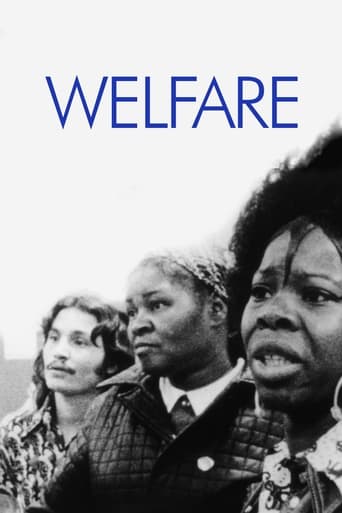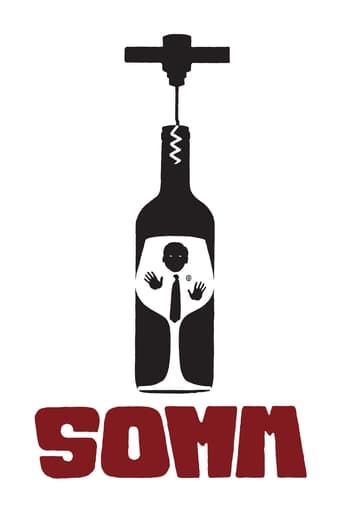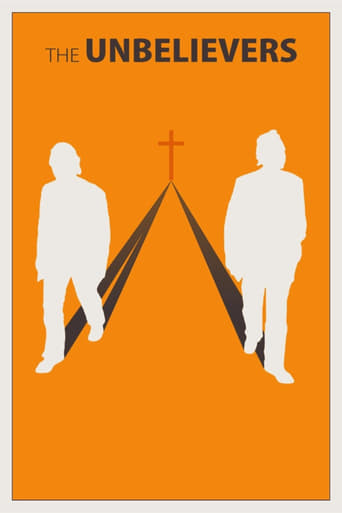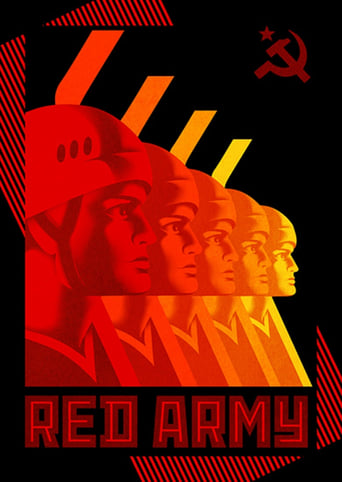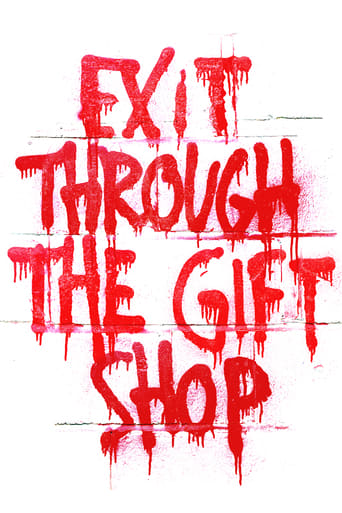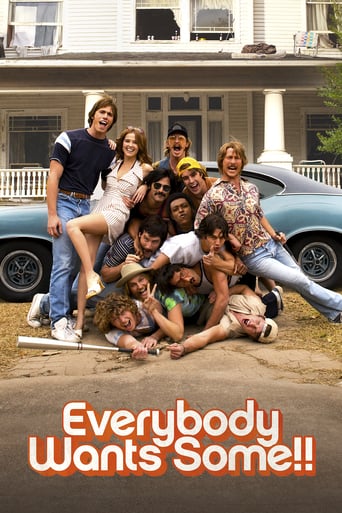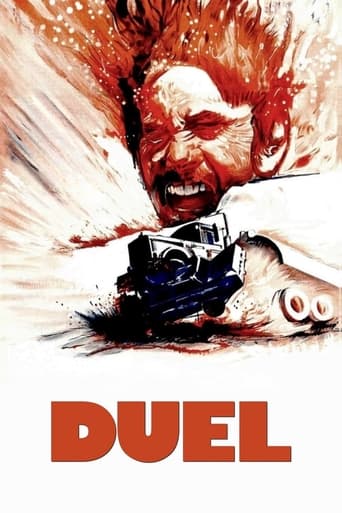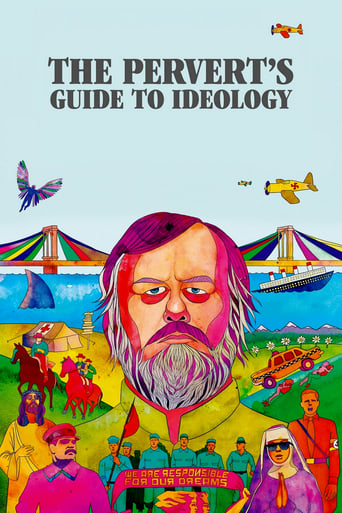


The Pervert's Guide to Ideology
A journey into the labyrinthine heart of ideology, which shapes and justifies both collective and personal beliefs and practices: with an infectious zeal and voracious appetite for popular culture, Slovenian philosopher and psychoanalyst Slavoj Žižek analyzes several of the most important films in the history of cinema to explain how cinematic narrative helps to reinforce prevailing ethics and political ideas.
-
- Cast:
- Slavoj Žižek


Similar titles
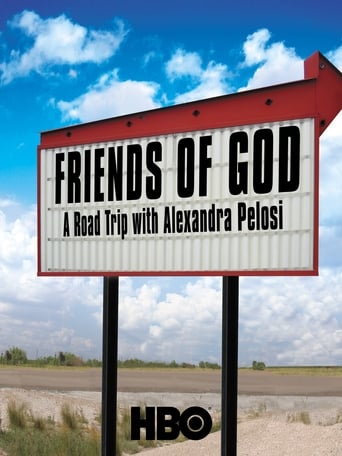
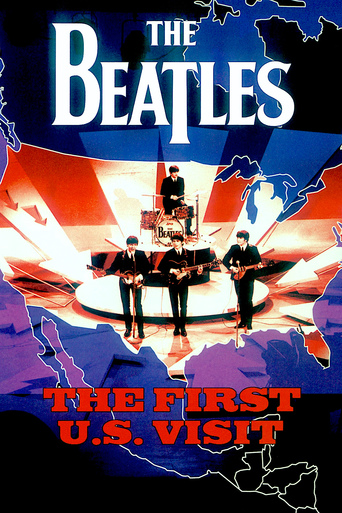
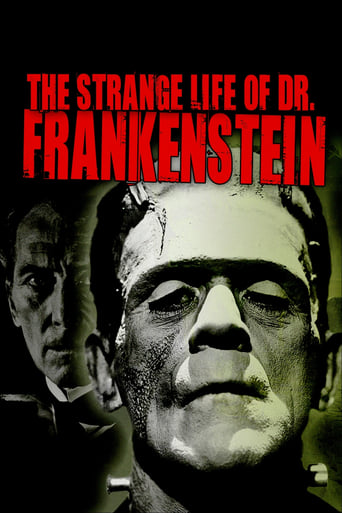
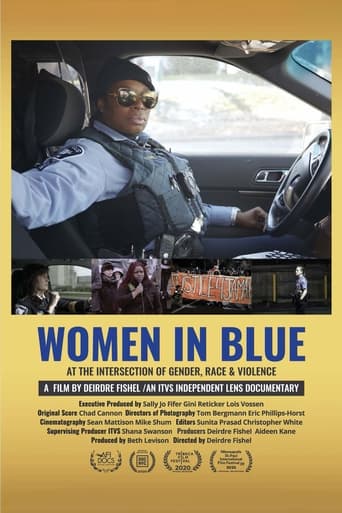



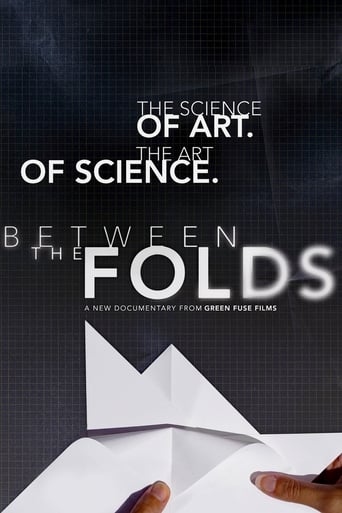

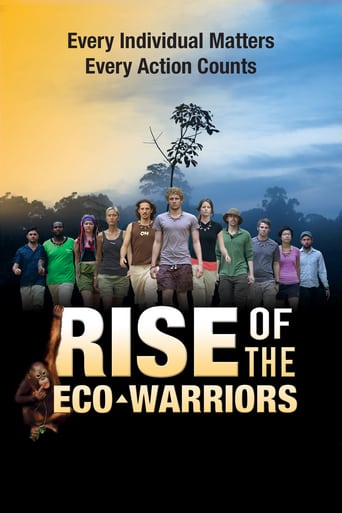
Reviews
Absolutely Fantastic
if their story seems completely bonkers, almost like a feverish work of fiction, you ain't heard nothing yet.
Strong acting helps the film overcome an uncertain premise and create characters that hold our attention absolutely.
I enjoyed watching this film and would recommend other to give it a try , (as I am) but this movie, although enjoyable to watch due to the better than average acting fails to add anything new to its storyline that is all too familiar to these types of movies.
The accent is brave, hardly penetrable. Captions are really necessary. But the title of the movie says it all: it IS Slovenian humor at an abstract, high-brow level. The host mitigates the Freudian legacy as he perverts - in a decreasing order - (1) Marx (2) Walter Benjamin and the Frankfurt School at large (3) Lacan. His universalizing framework comes from Lacanian psychoanalysis, although he is as 'revealing' as Lacan. The greatest apparent influence on Zizek seems to be that of Roland Barthes's 'Mythologies'. As if he were kinda Roland The Hip Semiologist, Zizek analyzes everything from the perspective of the 'myth,' revealing at every opportunity a new approach, criticizing our surrounding, culturally globalized habitat, and insinuating what might be its intrinsic authenticity. The film is essentially an illustrated conference in the style of other mass culture analysts such as Jacob Bronowski, John Berger, Robert Hughes, Kenneth Clark. Zizek is not interested in the respective ideology of the filmmakers he quotes. He uses fragments of films as illustrative of real life processes and their 'myths', not specifically Nazism or Communism, but rather the way we all shape our lives and the universal themes that connect our 'mythological' subconscious needs.
This guide is also highly rated in comparison with the film guide. Although abstracted in more to the theory and the world of ideas, than to the movies again it introduces us to the field of film art by already well known manner.I dare say that the selection of movies here is better. Some movies and directors that were missed in the previous guide were caught up and the final result is quite satisfactory. The opposition, which this time Zizek introduces to us is between free choice and hidden orders, which implicitly enshrined in its variants. Making a kind of circular proof, starting from one place and returning again to the starting position, the modern philosopher has moved us a step forward in iconic films concerning the relationship of the nondescript subject and revealing over him multiple authorities. In this mental shift The Castle of Kafka was moved to Brazil, The Taxi Driver dispensed justice, Titanic was named the edge of the abyss, which does not divide the love of the two lovers, but rather immortalises it, attempts to live another life were made, possibly away from a career in the army and so on, and so forth.Slovenian humor on an abstract level. Mitigating the impact of Freud to raise that of Marx and Lacan. Reveals us the opportunity for a new way to watch every film, being critical of the surrounding habitat and to remain fully authentic. Ladies and gentle man - Zizek!http://vihrenmitevmovies.blogspot.com/
As a philosopher Slavoj Zizek has impressive credentials and ideas worth studying. In this movie however, he seems to present a skeptics point of view on his opinion and subject which can be dangerous. Many the counter facts presented are just plain incorrect. The arguments are presented as a "Don't believe them, believe this" structure which is unusually, I'd expect a offering of information rather being told what to believe. The movie is worth watching if you're willing to follow up with your own research to get better information and answers than presented in this movie. If not, then viewing this movie alone is dangerous and it stands as irresponsible product.
The pervert's guide to ideology is a thought provoking documentary, but at the same time enjoyable and full of wit. Ideology is so ingrained in society that it has affected our dreams. If we want to change our reality we need to change our dreams first. That seems to be the main theme of the film. Applying psychoanalytic theory to film interpretation, Slavoj Zizek attempts to uncover the hidden meaning of many Hollywood films.The first film commented by Zizek is 'They Live' which is about a man who finds a special pair of sunglasses that allows him to see the real, scary and subliminal message behind posters and adverts in magazines, but also the real monstrous face of some of those living around him. This sets the tone for the film. For the next two hours Zizek attempts to uncover the hidden, subliminal and controlling messages of a number of films produced over the last 50 years. His argument is that Hollywood dictates our fantasies, dreams and desires through ideology. Taking this further, Zizek comments that the ultimate engineered fantasy is not 'to take what we want but to want to be desired'.Desire, is not just a desire for something, but also a 'desire for desire itself'. This is the main way that capitalism works. There is an urge to consume: 'people nowadays are made to feel guilty because they don't enjoy themselves enough', he claims. For Zizek, there is no 'big other', no guaranteed, inherent meaning. We are alone and we have to live with that. All ideology is constructed for manipulation and control. The Titanic for instance, demonstrates that 'it is OK for the high classes when they are in low vitality to mix temporarily and sexually exploit the lower classes'. Vampires and the undead are also a demonstration of the class struggle, with the blood sucking vampires representing the high classes. Similarly, the shark in Jaws represents all fears of American people; Americans may fear natural disasters, aliens, immigrants or other, and the shark unifies all those fears. This ideology was adopted by the Nazis who unified the enemy in the face of the Jews, according to Zizek.Are Zizek's psychoanalytic explanations to films 'real'? This is up to you to decide; however, they sound plausible and are worthwhile for consideration. Regardless of whether you agree with him or not, Zizek will change the way you watch films and Hollywood will never be the same again.

